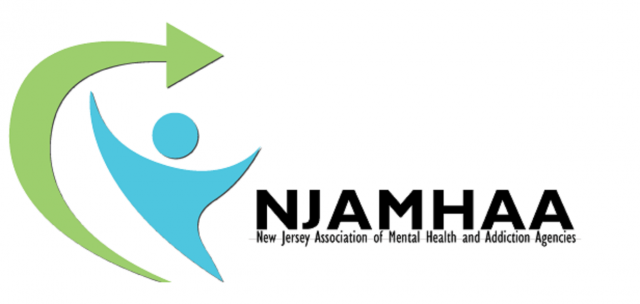January 2, 2025
Staff Turnover Increases Challenges to Give Every NJ Resident Opportunities for Wellbeing and Success
"Since January 2024, I estimate that at least 20 partial care case managers have left their positions. Numerous employees have accepted this job, but quickly realize that the excessive paperwork and the intensity of dealing with high-risk clients make the job untenable. Some have not lasted even one week, with some leaving after just two days," said Diane Richardson, LCSW, LCADC, CCS, from Mount Carmel Guild Behavioral Health, Catholic Charities of Newark.
Diane also shared a letter in which a partial care program client wrote:
"Mt. Carmel Guild has helped me in the transition from my 32 years in state hospitals to a semi-independent life. I may be graduating from the program soon as I seek full-time work. What I've learned at the Guild will be a foundation for me to build on as I seek to be a productive member of society."
Mount Carmel Guild's loss of staff is an example of a systemic problem that is preventing many New Jersey residents from receiving the clinical treatment and support services they need to recover from mental illnesses and substance use disorders. The success story shared above is one of numerous illustrations of the positive impact that community-based behavioral healthcare services have on individuals' potential for achieving successes and enjoying a high quality of life.
Increased Funding Helps Make More Successes, such as Juanita's, Possible
For many months, Juanita's anxiety and depression made it difficult for her to go to her job and to socialize with her friends. When Juanita finally built the motivation and courage to seek help, she was added to a wait list and did not have her first outpatient mental healthcare appointment for several months.
During that time, Juanita's mental health further deteriorated and led to a drastic decline in her job performance and she lost her job. This situation led to insomnia and withdrawal from her friends.
Fortunately, Juanita was able to be stabilized with individual therapy and medication management from Catholic Charities, Diocese of Trenton's Early Intervention Support Services program. She was then referred to Catholic Charities' outpatient program to maintain her stability.
How Could Juanita's Situation Have Been Better if She Received Services Earlier?
- She would have been spared the torment of worsening depression and anxiety and the resulting impact on her relationships.
- She may not have ended up losing her job, which could have prevented further worsening of her mental health challenges, as well as stress resulting from financial constraints.
What Would Likely Have Happened if Juanita Never Received
Services?
- Further exacerbation of depression and anxiety
- Need for treatment in emergency rooms and/or inpatient hospital units, which are much more costly than community-based behavioral healthcare services
- Increased risk of suicidal thoughts and behaviors
- Increased risk of not being able to secure new employment, which can cause further mental and emotional decompensation
NJAMHAA Is Advocating for the Following to Reduce these
Risks
In the FY2026 State Budget:
- Increases of Medicaid and fee-for-service rates, as well as contracts, by 8%
- Investment in the behavioral healthcare workforce, which has been declining as the demand for services has continued to increase
- $10 million to maintain New Jersey's Certified Community Behavioral Health Clinics
- Other significant investments to strengthen the behavioral healthcare system and, as a result, improve New Jersey residents' quality of life, as well as the state's bottom line
In addition, legislation needs to be passed and signed into law
to further reinforce mental healthcare, substance use treatment
and social services. For example:
- A1143/S1032 to ensure the State considers a cost-of-living adjustment for human services' rates and contracts each year
- S2504/A3937 to set Medicaid rates for mental health services equal to Medicare rates for the same services
- S3565/A2803 to increase access to telehealth
NJAMHAA urges Governor Phil Murphy and legislators to keep in
mind Juanita's story and others featured in NJAMHAA's campaign,
Untold Stories, as they develop and vote on the FY2026
State Budget and legislation that impacts behavioral healthcare
services - and most importantly, the many children, youth and
adults who depend on them.
Please click here to see details and more success stories, as well as more untold stories from service recipients and behavioral healthcare staff, in NJAMHAA's Untold Stories campaign.
Please share this campaign on your websites and social media page, and encourage your staff, Board members, other colleagues, friends and family members to advocate!
Thank you for joining NJAMHAA in this critical advocacy effort!



